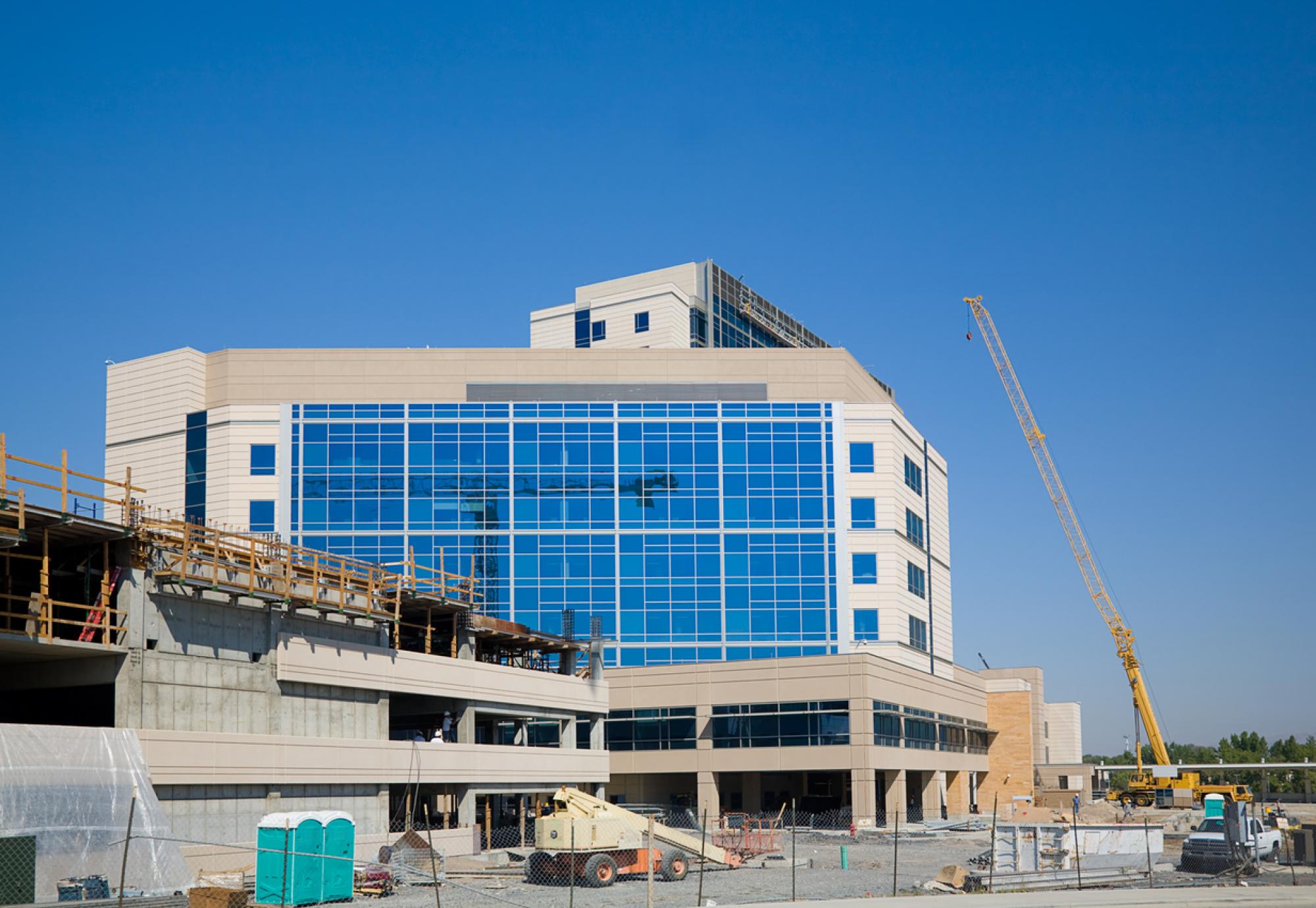The government’s New Hospital Programme (NHP) has not been good value for money so far, according to the National Audit Office (NAO).
This comes as the organisation further estimates that only 32 of the pledged 40 new hospitals will be built by 2030.
In its report exploring the progress of the NHP, the NAO outlines a number of recommendations the Department of Health and Social Care and NHS England should consider during future development of the programme.
These include being more transparent about the uncertainties around capital funding that spans across multiple spending reviews.
This refers to the government announcement made in October 2020 that indicated all 40 of the hospitals would be fully funded, despite the £3.7bn allocated during that year’s spending review being primarily ringfenced for less than half of the new hospitals.
A second recommendation highlighted the need for the DHSC to select hospital projects transparently and keep full records of the process.
This derives from the fact the NHP is an extension of the Health Infrastructure Plan which was originally outlined in 2019 – this pledge included 27 new hospital schemes, which the supplanting NHP later supplemented.
The documents of 31 of the 32 schemes in the NHP had been included in the previous iteration of government’s plan to modernise NHS estate but the NAO noted that the documentation used to pick between schemes was not fully available – thus a need for more thorough record keeping.
The NAO has also urged the government to avoid scheduling the construction of new hospitals at the same time, as finding people to carry out the work could prove difficult and more costly.
This was emphasised due to the nature of the funding allocations which meant many of the hospitals would be built in the latter part of the decade and therefore bunching construction.
The NAO has also warned that the government’s assumptions around how care is delivered in the future may lead to hospitals that are too small – this refers to the Hospital 2.0 scheme and government’s estimations as to how much care will be moved outside hospitals as well as the transformational benefits of switching to wards with only single rooms.
Responding to the report, the NHS Confederation’s chief executive, Matthew Taylor, said: “We agree with the recommendations in the NAO report and urge the government to boost capital investment fully.
“We know how far behind the NHS has fallen, with the UK lagging behind counterparts in the number of CT machines, MRI scanners, and beds it has. This is to say nothing of the state of the NHS’s estate, which currently has a repair backlog of around £10.2bn.”
By March this year, the NHP had spent £1.1bn but the NAO still believes it can achieve efficiency by 2030 if the aforementioned risks are managed effectively.
Image credit: iStock



















